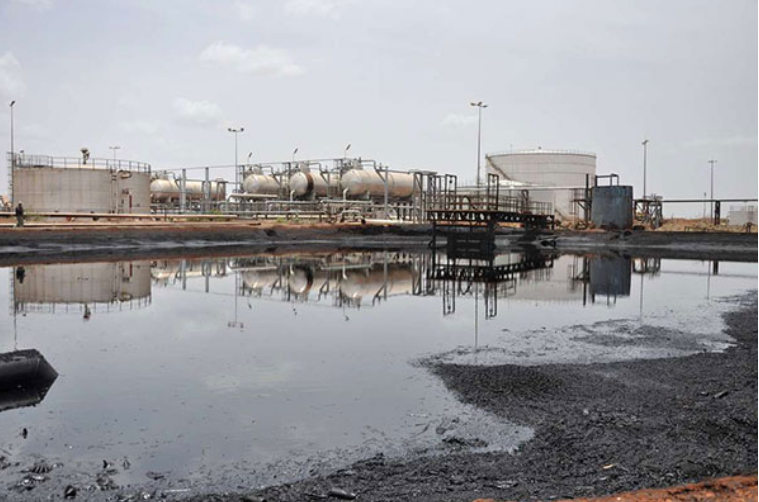
South Sudan to begin oil exports from Unity, Upper Nile

The government of South Sudan intends to resume oil production from the main oil wells in Unity and Upper Nile states by September 2.
Oil Minister Ezekiel Lol Gatkuoth announced that the Tharjiath oilfields Unity State and Upper Nile, which were affected by the civil war, will be fully operational by the end of the year.
The government hopes to produce about 40,000 barrels per day from the Unity wells to boost the current low production of 130,000 barrels per day, down from the 350,000 the country used to produce before the war broke out in 2013. Currently, only the Faloij oilfields in Upper Nile are operating at full capacity.
According to Lily Akol, Deputy Minister for Information, the test runs will begin on August 26 before full production starts.
“Our crude oil will be tested, which means it will be pumped through the pipelines,” she said.
However, there is growing concern that Juba is giving too much control to Sudan in the oil production process, given that Khartoum has taken over security of the oil wells in Upper Nile and Unity states.
President Omar al-Bashir, who presided over the peace agreement in Khartoum, has been pushing for the resumption of oil production to rescue his country’s ailing economy.
South Sudan is also keen on resuming oil production to help revive its economy. On August 20, Finance Minister Salvatore Garang Mabiordit announced a $600 million budget that is supposed to be funded mainly by oil revenue, which accounts for 98 per cent of government income.
Since independence in 2011, South Sudan has relied on oil as the main source of revenue, but production slumped when the civil war broke out in 2013.
James Oryema, a rebel spokesperson in Kenya, said that Juba is using the resumption of oil export as a public relations that it can then use as collateral for international loans.
However, Mr Oryema said full production will take some time because some of the facilities were extensively destroyed in the two regions.






